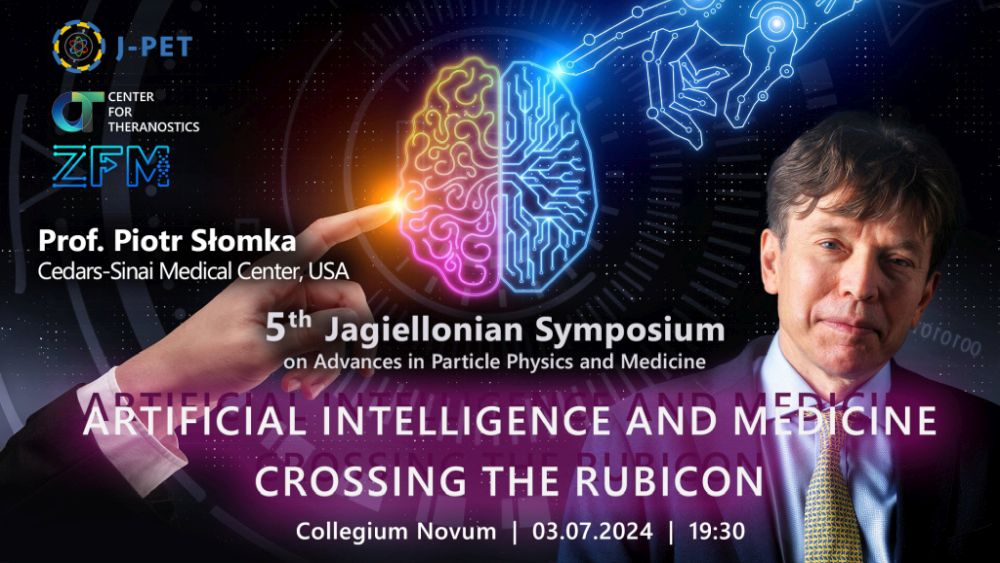Artificial Intelligence (AI) is driving profound changes across healthcare, enhancing everything from basic operations to complex decision-making processes. In fields like medical imaging, pathology, and cardiology, Al-driven techniques have notably improved image quality, and diagnostic accuracy. Many of these tools are already in clinical use. Beyond these obvious applications, Al has reached significant milestones in higher-level reasoning.
Advanced Al models now demonstrate a deep understanding of medical knowledge and medical procedures, offering insights that may exceed human capabilities in both speed and consistency. Examples include predicting who is at risk of heart attack, who can benefit from surgery or transplant, gene analysis to discover disease mechanisms, discovery and development of new drugs, virtual patient care, and more.
Al begins to play a key role in leveraging Electronic Health Records and in the analysis of vast hospital databases through Large Language Models. These advancements not only enhance healthcare efficiency but also improve data accessibility and support more informed clinical decision-making. As Al becomes more integrated into the medical field, it introduces significant ethical considerations and transformative impacts on medical practice, healthcare delivery, and clinical research. A future is shaping where Al is integral to advancing patient care, positioning us on the cusp of a new era in medicine.
The lecture Artificial Intelligence and medicine crossing the Rubicon will be conducted in English by Prof. Piotr Słomka.
Date: 3.07.2024, 7:30 PM
Venue: Collegium Novum UJ, Kraków

 Prof. Piotr Słomka is the Director of Innovation in Imaging and a Professor of Artificial Intelligence in Medicine and Cardiology at Cedars-Sinai's Division of Artificial Intelligence in Medicine. His lab is at the forefront of developing advanced Al and image processing methods to transform cardiac imaging.
Prof. Piotr Słomka is the Director of Innovation in Imaging and a Professor of Artificial Intelligence in Medicine and Cardiology at Cedars-Sinai's Division of Artificial Intelligence in Medicine. His lab is at the forefront of developing advanced Al and image processing methods to transform cardiac imaging.
By leveraging a wide range of imaging modalities, Prof. Słomka's team aims to automate analyses, enhance diagnostic accuracy for cardiovascular diseases, and predict critical events such as heart attacks through the integration of computer science innovations with clinical insights.
He has a sustained track record of scientific productivity (over 500 peer-reviewed publications and book chapters to date), which has led to significant innovations now applied in research and clinical settings globally. Prof. Słomka spearheaded two largest cardiac imaging registries for SPECT and PET/CT to date (with over 50,000 cases) through multi-institutional collaboration involving more than 20 sites.

